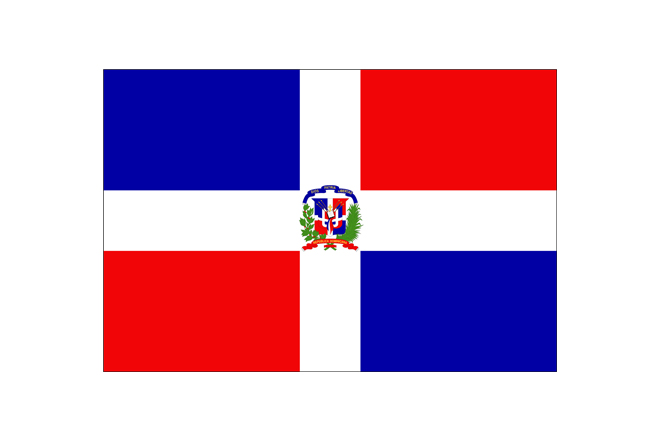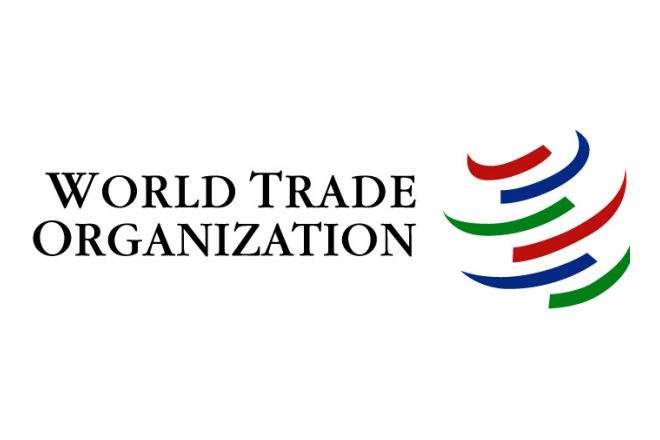July 18, 2012 (Geneva, Switzerland) — The Dominican Republic today requested formal consultations with Australia under the dispute settlement procedures of the World Trade Organization (“WTO”) in response to the Australian government’s plain packaging laws for tobacco products.
Australia will require all tobacco products to be sold in plain packaging by 1st December 2012. Packaging will become a standardized green brown colour without logos or other design features, a move that will prevent products, in particular premium products such as Dominican cigars, from using their well-known trademarks and geographical indications.
HE Luis Manuel Piantini, Ambassador of the Dominican Republic to the WTO, said, “Tobacco is our main export product, representing close to half a billion US dollars in external revenues and a significant number of jobs. The Dominican Republic has repeatedly expressed its concerns to the Australian government within the WTO and now feels compelled to request consultations to protect this important economic sector.”
The Dominican Republic believes plain packaging violates Australia’s WTO obligations. Specifically, Australia’s plain packaging laws encumber the use of trademarks and geographical indications, and restrict international trade in a manner that is inconsistent with Australia’s obligations under the Agreement on the Trade-related Aspects of Intellectual Property Rights (TRIPs) and Agreement on Technical Barriers to Trade (TBT).
The Dominican Republic has on numerous occasions questioned Australia about the scientific basis for plain packaging as well as whether there has been any impact assessment done regarding how the measure will affect the economies of developing countries. The Dominican Republic has also asked Australia whether applying less trade restrictive measures were considered instead. To date the Dominican Republic has yet to receive a satisfactory response from Australia.
“The Dominican Republic shares the public health concerns of Australia. However, plain packaging will severely affect our economy and the livelihood of hundreds of thousands of Dominican families, and we remain unconvinced that it will have any positive effect. On the contrary, education and taxes have been very effective in the reduction of cigarette consumption in many countries,” added Ambassador Piantini. “We are also concerned that this kind of measures could affect other products, such as spirituous beverages for instance.”
The Dominican Republic looks forward to having constructive discussions with Australia on this matter.
While tobacco has been cultivated in the Dominican Republic for more than five centuries, the Dominican tobacco industry is a hundred years old. Tobacco export revenues represent 5% of total exports. Tobacco products represent 8.5% of fiscal revenue on merchandise taxation. There are around 5,500 tobacco producers, employing approximately 45,000 agricultural workers. Combined with the entire tobacco production chain, the industry generates around direct 118,000 jobs which supports approximately 350,000 people, according to information published by the Tobacco Institute of the Dominican Republic.
SOURCE: Farner Consulting SA


